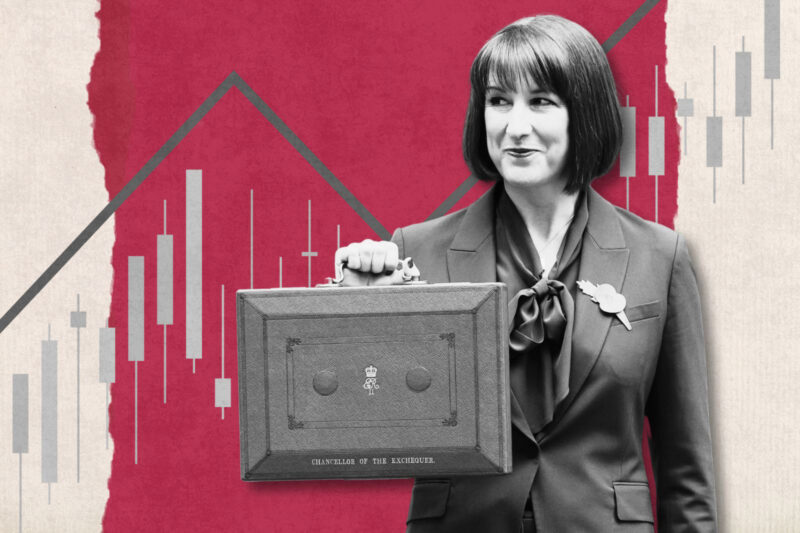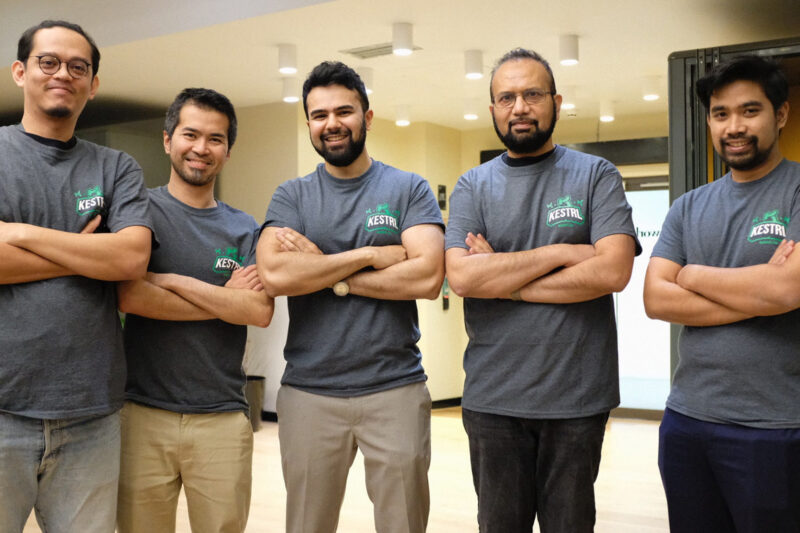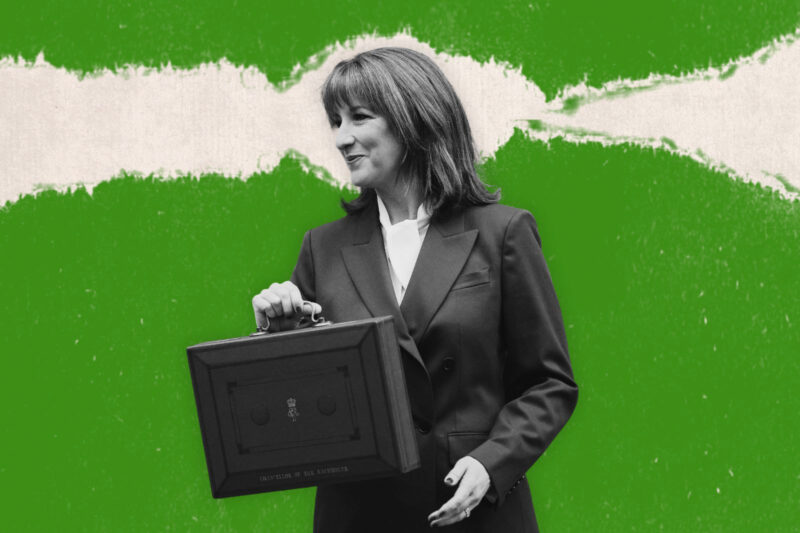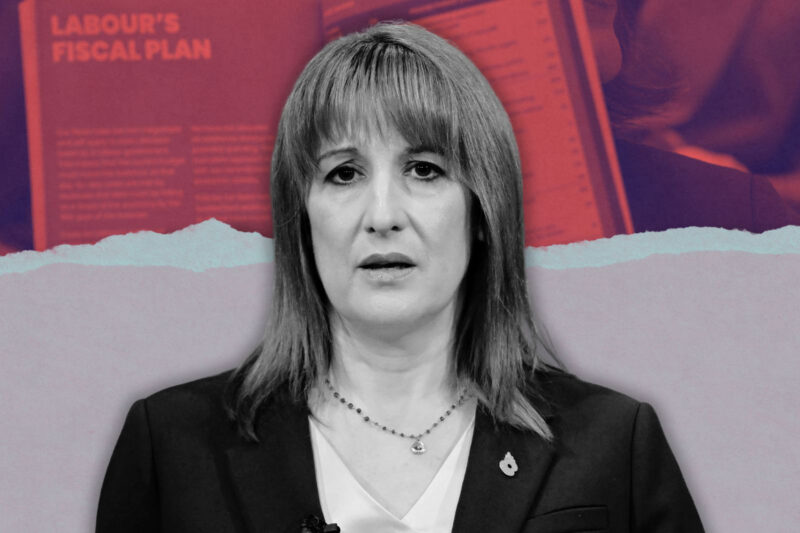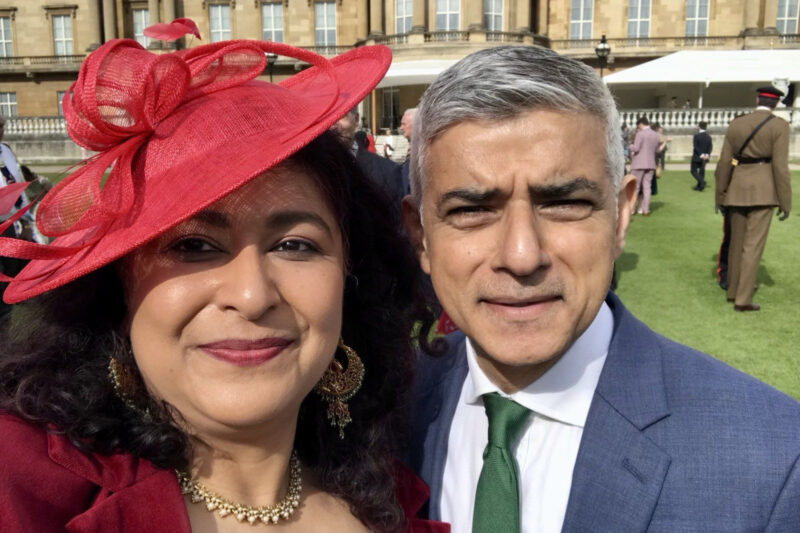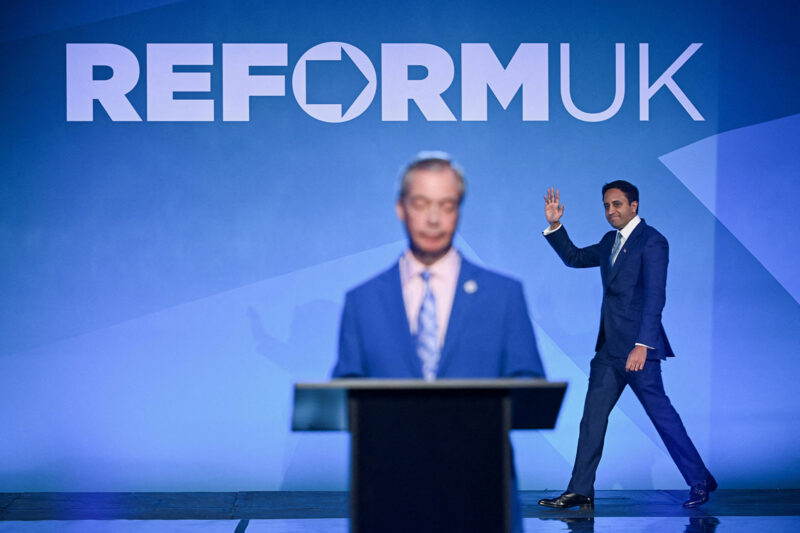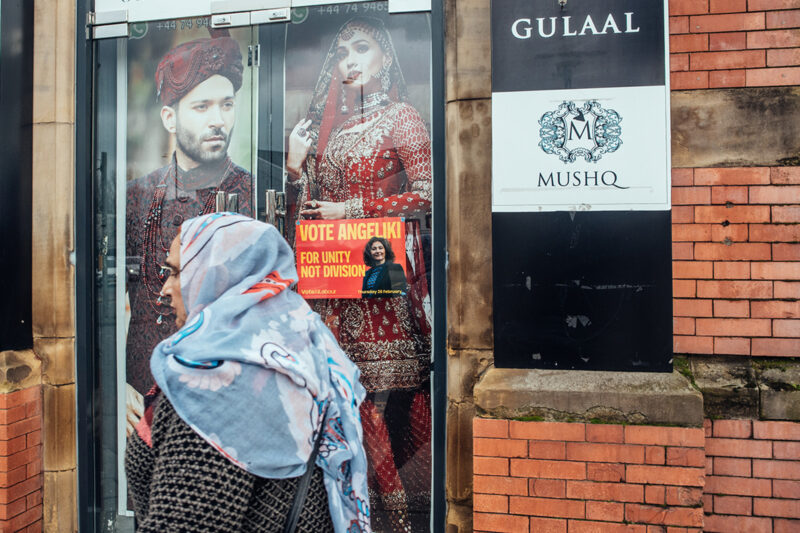Muslim Council of Britain urges government to mandate faith pay gap reporting
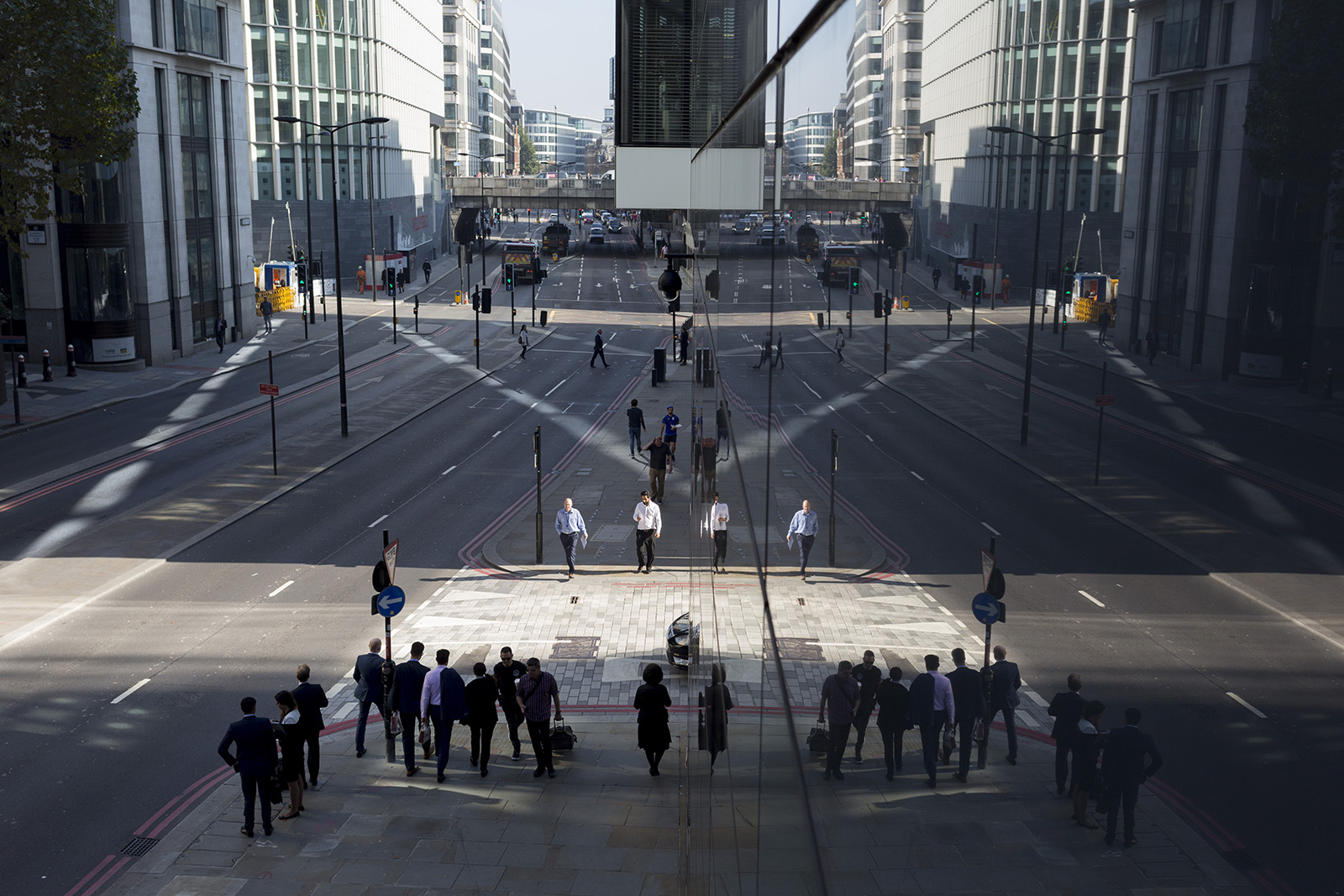
Britain’s largest Muslim umbrella organisation has joined calls already made by the Sikh Council UK for a change to the law
The Muslim Council of Britain (MCB) is among faith groups in the UK that have urged the government to consider extending mandatory pay gap reporting to include data on religion.
Hyphen understands the proposal, now being reviewed by the government, was made in the MCB’s official submission to a consultation on plans to mandate the reporting of pay gaps relating to race and disability for employers with 250 staff or more.
The government’s Office for Equality and Opportunity launched the consultation in March as part of work on the proposed equality (race and disability) bill, which is expected to be introduced in the next three years.
An MCB spokesperson told Hyphen: “It is encouraging to see the government’s intention to legislate for a more equal society for all. However, in terms of the proposed extension of mandatory pay gap reporting to ethnicity and disability, it is essential that the effectiveness of existing measures is holistically assessed, and that different factors like religion, gender, and taking maternity leave are also properly taken into account.”
The MCB is, however, thought to be concerned that low numbers of staff from some backgrounds could result in skewed results or people’s individual salaries being identifiable through the reports.
It is eight years since gender pay gap reporting was made mandatory for organisations with 250 or more employees. The policy has been effective at closing the gender pay gap at those employers by an estimated 20%, but some research has suggested that this is largely the result of pay cuts for men rather than better pay for women.
A 2016 report by parliament’s Women and Equalities Committee noted that Muslims had the highest pay gap of any UK faith group compared with those of no religion, earning 22.5% less. The committee also found that only 16% of Muslims are in managerial and professional roles, against an average of 30% of the general population.
Some organisations already voluntarily collect data on pay gaps across ethnicity, sexual orientation, disability, faith and age, and use that information to shape their policies and practices. The health charity Young Lives Vs Cancer has reported on its faith pay gap since 2022.
Sikh organisations have also been seeking a change to the law on pay gap reporting and on employment data, according to Manmagun Singh, a spokesperson for the Sikh Council UK.
“The Office for National Statistics and government bodies do not monitor or have any data on Sikhs, which makes us invisible to policy and decision-makers in the provision of public and private services,” he said. “This is against the discrimination legislation and Equality Act duty to monitor.”
A Cabinet Office spokesperson said: “We committed to introducing disability and ethnicity pay gap reporting into legislation in the king’s speech. Our consultation on mandatory disability and ethnicity pay gap reporting has now closed and we are reviewing all of the responses.”
 Newsletter
Newsletter



